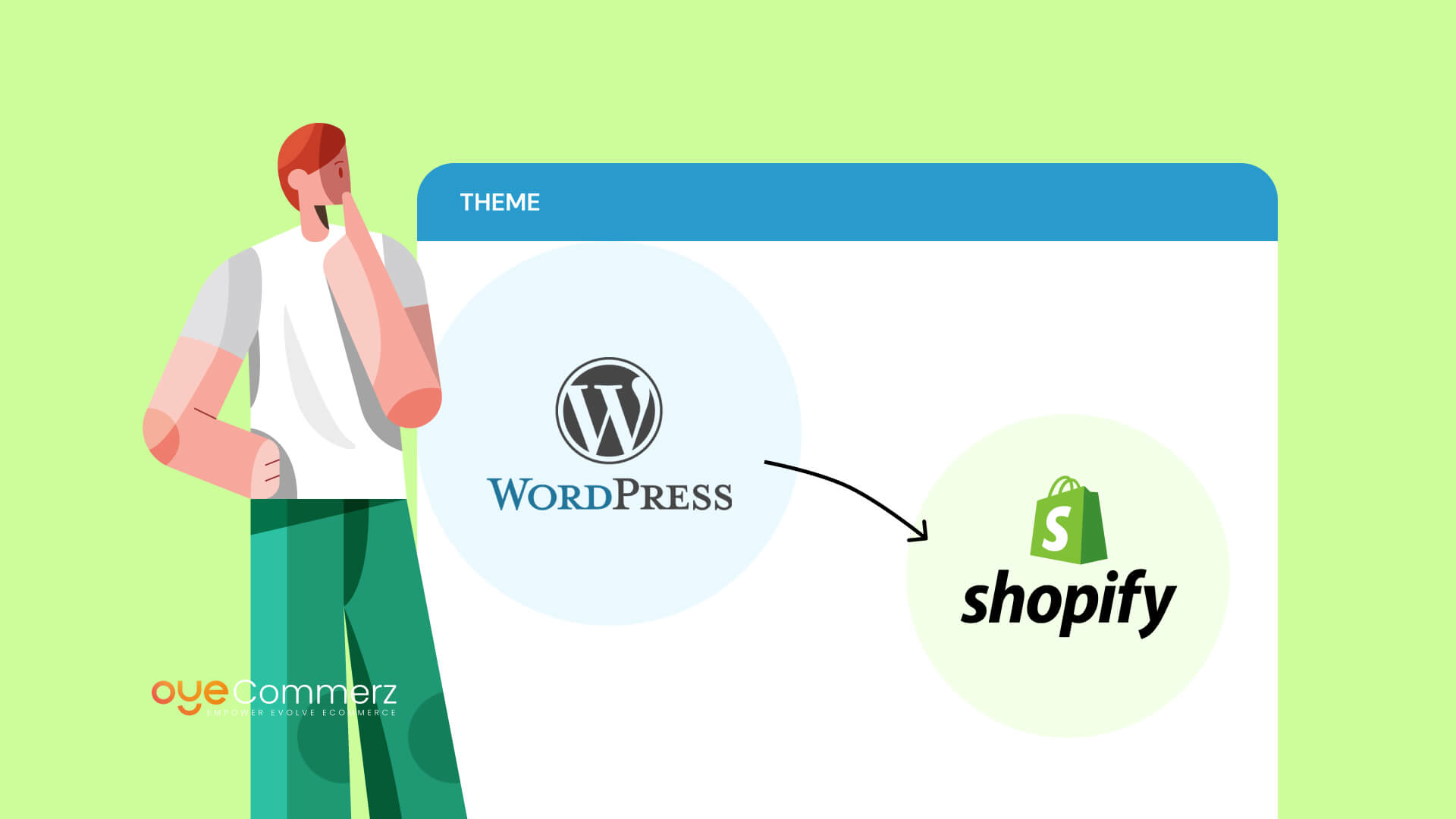In the ever-evolving landscape of online retail, selecting the optimal solution is essential for your company’s growth. If you’re presently using WP and thinking about a migration to Shopify, you’re not by yourself. Many businesses are making this transition to leverage Shopify’s robust tools, simplicity, and scalability. This guide will guide you on the journey of migrating from WP to this platform effortlessly, guaranteeing that you unlock your online retail potential.
Why Switch from WP to this platform?
Before diving into the migration journey, it’s crucial to know why this change can be advantageous for your digital storefront:
Accessible Tools: Shopify provides an intuitive interface that makes easier store handling, enabling for non-technical users.
Growth Potential: As your brand grows, Shopify can handle increased traffic and transactions without sacrificing efficiency.
Integrated Features: Shopify provides pre-installed tools for SEO, analytics, payment handling, and additional functionalities, reducing the necessity for several plugins.
Advanced Safeguards: With Shopify, you utilize advanced security measures that secure critical customer data.
Steps for a Smooth Migration
Migrating your digital shop from WordPress to Shopify requires several actions.
Here’s steps to ensure a successful transition:
Outline Your Migration Approach
Kick-off by outlining your migration blueprint. Pinpoint which components of your present site you plan to transfer, such as:
Item details
Customer information
Transaction records
Articles
Select the Best Migration Package
Depending on your requirements, choose a migration package that fits your eCommerce goals. Migration experts offers multiple options:
Entry-Level Plan: Perfect for small stores with fewer products.
Regular Option: Recommended for mid-range businesses with more complex needs.
Advanced Plan: Excellent for high-volume stores needing extensive customization.
Save Your Content
Ahead of beginning the migration, ensure that you have a complete archive of your WP site. This action is critical in situations where anything goes wrong during the transfer.
Export Your Information from WordPress
Use extensions or custom scripts to transfer key data from your WordPress site:
Products
Clients
Orders
Content pieces
Import Information into Shopify
When you have your content retrieved, use Shopify’s import Shopify design customization tools or third-party apps to transfer your content into your updated store. Ensure that all data is switching from WordPress to Shopify properly organized and aligned.
Customize Your Shopify Platform
After migrating information, customize your Shopify store’s layout to reflect with your style. Look into engaging a specialist if you want advanced customization.
Configure Checkout Systems and Shipping Options
Set up transaction methods and delivery choices in Shopify to ensure a seamless transaction experience for customers.
Adopt Search Engine Optimization Guidelines
To maintain your search engine rankings during the migration:
Use 301 URL mappings from previous URLs to new ones.
Update descriptions.
Optimize media and text for search engines.
Review Your New Store
Ahead of launching, extensively review your Shopify site. Identify any broken links, payment processing issues, or missing data.
Go Live Your Platform
After everything is in ready, it’s time to publish! Share the transition to your customers and motivate them to explore the updated features of your Shopify store.
Post-Migration Guidance
Post publishing your Shopify store, ongoing support is important. Think about engaging professionals who can guide with:
Technical support
Marketing strategies
Enhancing features
Conclusion
Migrating from WP to Shopify can be a transformative decision for your online retail. By adopting this guide and working with experts like those offered by industry leaders, you can ensure a smooth transition that improves your business potential. Accept the change and discover the potential of Shopify today!
